
Find Help
More Items From Ergsy search
-

What conditions is ketamine used to treat?
Relevance: 100%
-
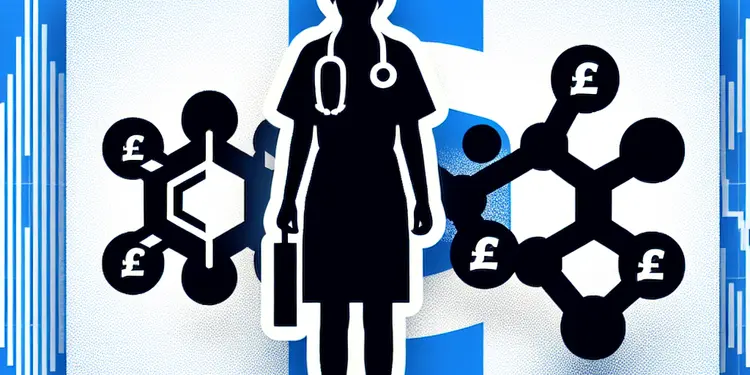
Can ketamine be prescribed for mental health conditions?
Relevance: 98%
-

Are there any treatment programs for ketamine addiction?
Relevance: 88%
-

Is ketamine safe for everyone?
Relevance: 79%
-

Is ketamine addictive?
Relevance: 76%
-

What is ketamine infusion therapy?
Relevance: 75%
-

Are there any legal uses for ketamine?
Relevance: 75%
-

Is ketamine legal?
Relevance: 74%
-
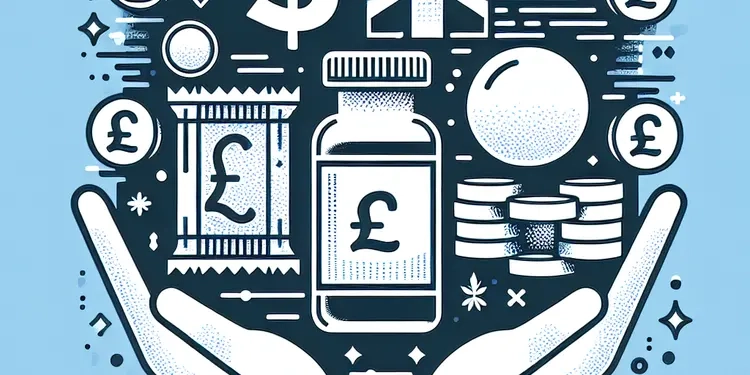
Is Ketamine a Class B drug?
Relevance: 74%
-
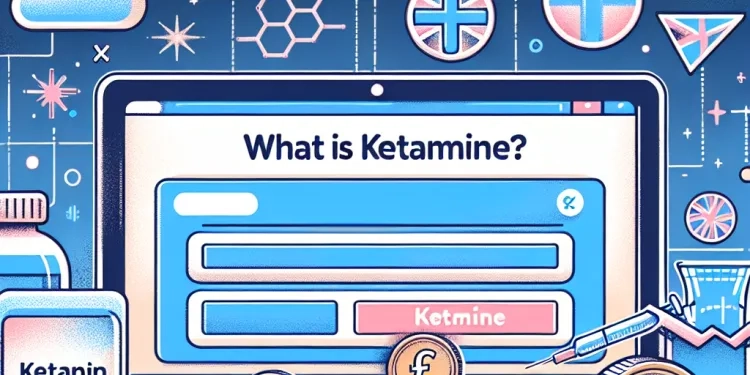
What is Ketamine?
Relevance: 73%
-
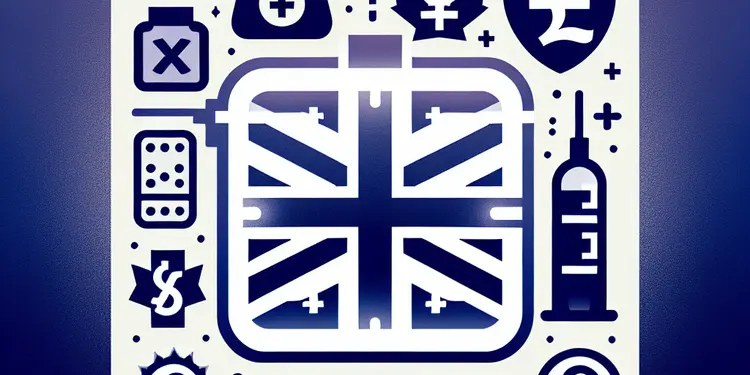
How can I legally obtain ketamine for medical use?
Relevance: 72%
-

What is the classification of ketamine?
Relevance: 72%
-
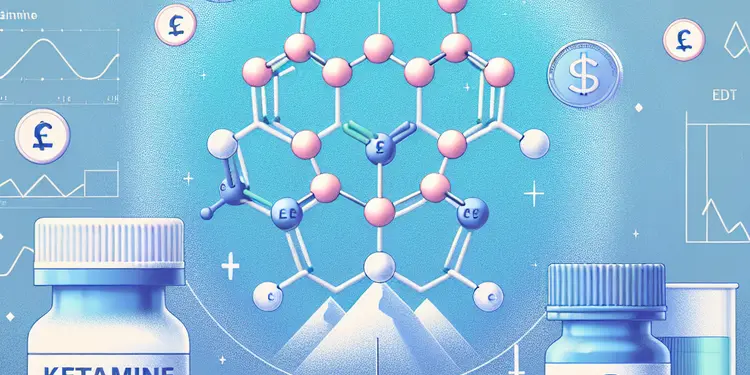
What are the medical uses of ketamine?
Relevance: 72%
-

How is ketamine administered?
Relevance: 72%
-

Is it legal to import ketamine?
Relevance: 70%
-

What is the difference between ketamine and esketamine?
Relevance: 69%
-
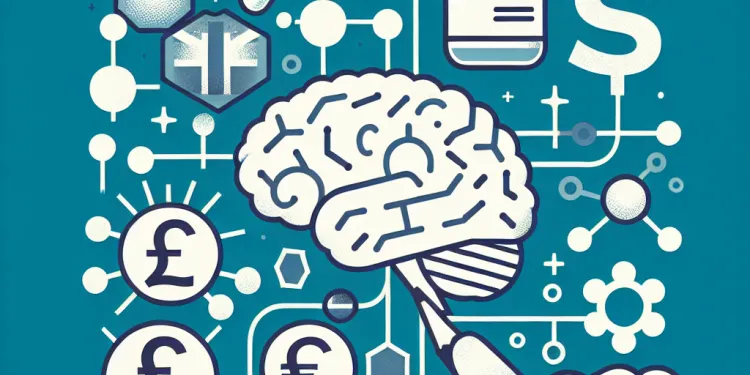
How does ketamine work?
Relevance: 69%
-

Is ketamine a controlled substance?
Relevance: 69%
-

How is ketamine different from traditional antidepressants?
Relevance: 68%
-

What is the legal status of ketamine in Canada?
Relevance: 67%
-

What are the common side effects of ketamine?
Relevance: 67%
-

What precautions are necessary when using ketamine?
Relevance: 67%
-
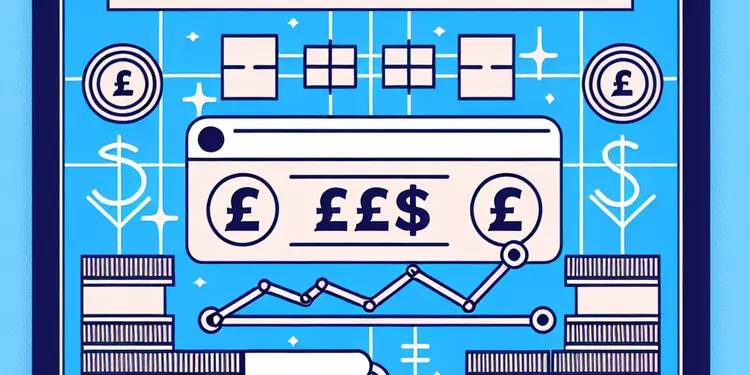
Is the production of ketamine regulated?
Relevance: 67%
-

What is the potential for addiction with ketamine?
Relevance: 67%
-

Does ketamine have long-term effects?
Relevance: 66%
-

Is ketamine considered a controlled substance in the United States?
Relevance: 65%
-

What does it mean for ketamine to be a Class B drug in the UK?
Relevance: 64%
-
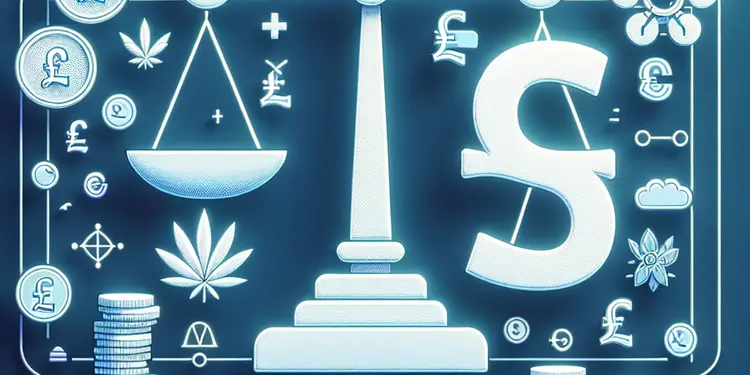
What is the penalty for possessing ketamine in the UK?
Relevance: 64%
-

What are the known side effects of ketamine usage?
Relevance: 64%
-
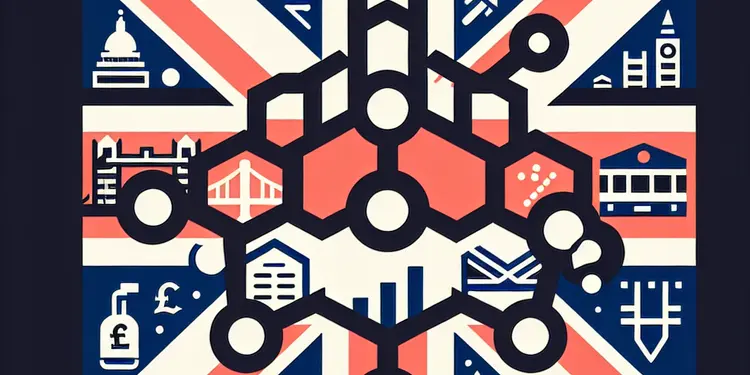
Does the classification of ketamine differ between countries?
Relevance: 64%
-

How is ketamine used in veterinary medicine?
Relevance: 64%
-
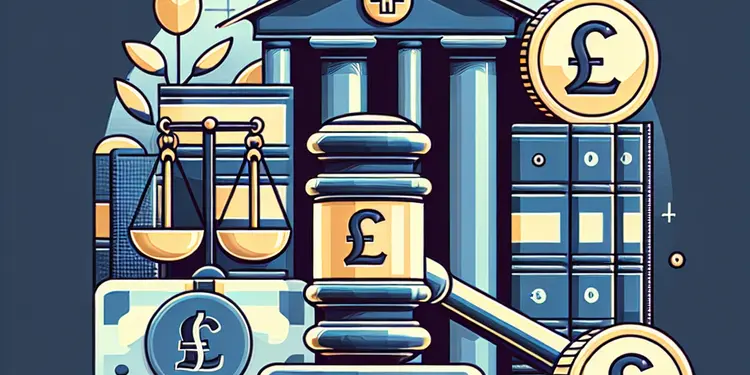
What is the penalty for supplying ketamine in the UK?
Relevance: 62%
-

Can ketamine be used for recreational purposes legally?
Relevance: 62%
-

Has ketamine's classification changed over time?
Relevance: 62%
-

How long do the effects of ketamine last?
Relevance: 62%
-

Why was ketamine reclassified from Class C to Class B in the UK?
Relevance: 59%
-

What should I expect during a ketamine infusion?
Relevance: 44%
-
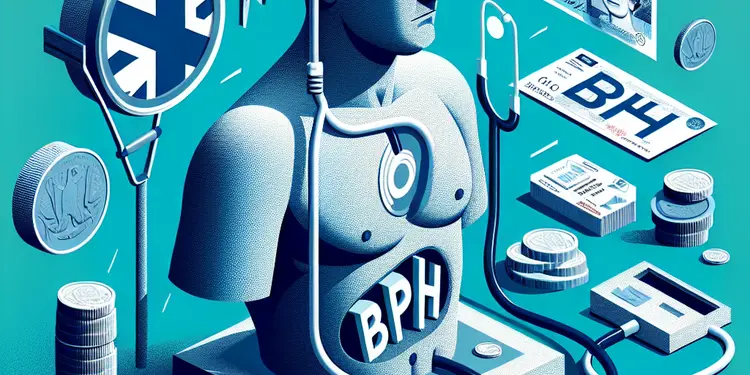
Is BPH a serious condition?
Relevance: 43%
-

How quickly can ketamine alleviate depression symptoms?
Relevance: 43%
-

Is asthma a serious condition?
Relevance: 42%
Introduction to Ketamine
Ketamine, traditionally known as an anesthetic, has gained attention for its potential in treating various medical conditions. In the UK, its use is increasingly recognized beyond its conventional application in surgical settings. This article explores the diverse conditions for which ketamine is currently employed as a treatment modality.
Depression Treatment
One of the most promising uses of ketamine is in the treatment of major depressive disorder (MDD), particularly in cases that are resistant to conventional antidepressant therapies. Clinical studies have shown that ketamine, often administered as an esketamine nasal spray or via intravenous infusion, can rapidly alleviate the symptoms of depression, sometimes within hours. This contrasts with traditional antidepressants, which may take weeks to become effective. Due to its rapid action, it is particularly useful in managing cases of acute suicidality.
Post-Traumatic Stress Disorder (PTSD)
Post-traumatic stress disorder (PTSD) is a debilitating condition experienced by some individuals after traumatic events. Ketamine has emerged as a potential treatment option for PTSD, with studies indicating a reduction in symptoms such as flashbacks, anxiety, and depression. While research is ongoing, ketamine provides hope for individuals who have not responded to other therapies.
Chronic Pain Management
Beyond its psychiatric applications, ketamine is also employed in the management of chronic pain conditions. It is particularly useful for neuropathic pain, CRPS (Complex Regional Pain Syndrome), and fibromyalgia. Ketamine's action as an N-methyl-D-aspartate (NMDA) receptor antagonist contributes to its effectiveness in reducing pain, making it a valuable option for patients with severe or treatment-resistant pain.
Anesthetic Use
Ketamine's established role as an anesthetic remains relevant today. It is used both in human and veterinary medicine for its properties of inducing dissociative anesthesia. Unlike many anesthetics, ketamine does not typically depress cardiovascular or respiratory functions, making it safer for certain populations. It is often utilized in situations where other anesthesia options are contraindicated.
Considerations and Ongoing Research
While ketamine shows promise in treating a variety of conditions, its use is not without controversy and side effects. Potential risks include dissociative experiences, nausea, and, in some cases, addiction. Consequently, its administration is typically restricted to clinical settings under professional supervision. Ongoing research aims to better understand its mechanisms and identify optimal treatment protocols, dosage, and long-term effects.
Conclusion
In summary, ketamine is a versatile drug with applications extending from mental health to pain management. Its benefits in addressing treatment-resistant conditions make it an invaluable tool in modern medicine. However, further research and careful consideration of its use are essential to fully harness its therapeutic potential while minimizing risks.
Frequently Asked Questions
What is ketamine?
Ketamine is a medication primarily used as an anesthetic but has been found to be effective in treating certain mental health and pain conditions.
What mental health conditions is ketamine used to treat?
Ketamine is used to treat depression, especially treatment-resistant depression, and is also being explored for bipolar disorder, PTSD, and anxiety.
Is ketamine effective for treatment-resistant depression?
Yes, ketamine has shown to be effective in rapidly reducing symptoms of depression in individuals who have not responded to other treatments.
How does ketamine work in treating depression?
Ketamine is believed to work by modulating glutamate receptors in the brain, promoting synaptic plasticity, which leads to antidepressant effects.
Can ketamine be used for PTSD?
Yes, ketamine has shown promise in reducing symptoms of PTSD, including intrusive thoughts and hyperarousal.
Is ketamine used to treat anxiety disorders?
Research is ongoing, but ketamine may help in treatment-resistant forms of anxiety.
How is ketamine administered for mental health treatment?
Ketamine is typically administered as an intravenous infusion, although nasal spray and oral forms are also available for specific indications.
How quickly does ketamine work for depression?
Ketamine can produce antidepressant effects within hours to a few days after administration.
Is ketamine used for pain management?
Yes, ketamine is used for managing chronic pain conditions, particularly neuropathic pain and complex regional pain syndrome (CRPS).
Can ketamine help with suicidal ideation?
Yes, ketamine has been shown to rapidly reduce suicidal thoughts in some individuals, making it a potential option for acute interventions.
What are the risks of using ketamine?
Potential risks include dissociation, elevated blood pressure, bladder issues, and the potential for misuse or addiction.
Is ketamine approved by the FDA for depression?
Esketamine, a specific formulation of ketamine, has been approved by the FDA for treatment-resistant depression.
Can ketamine be used for bipolar disorder?
Research indicates ketamine may be effective for depressive episodes in bipolar disorder, though more studies are needed.
How long do the effects of ketamine last?
The effects of a single ketamine infusion can last about a week, but this varies between individuals.
Are there long-term effects of ketamine use?
Potential long-term effects of repeated ketamine use are not fully understood, but may include cognitive changes or bladder issues.
Is ketamine considered a psychedelic?
Ketamine is not classified as a classic psychedelic, but it has dissociative properties that can result in altered perceptions and experiences.
What is the difference between ketamine and esketamine?
Esketamine is a derivative of ketamine specifically approved for treatment-resistant depression, and it is administered as a nasal spray.
Can ketamine be used in children?
The use of ketamine in children for psychological conditions is not well-studied, and its use is primarily limited to anesthesia.
Is ketamine therapy widely available?
Ketamine therapy is becoming more available in specialized clinics, especially those offering treatment for depression and chronic pain.
Does insurance cover ketamine treatments?
Insurance coverage for ketamine treatments varies and may not cover off-label use, so it's important to check with the provider.
Useful Links
This website offers general information and is not a substitute for professional advice.
Always seek guidance from qualified professionals.
If you have any medical concerns or need urgent help, contact a healthcare professional or emergency services immediately.
Some of this content was generated with AI assistance. We’ve done our best to keep it accurate, helpful, and human-friendly.
- Ergsy carfully checks the information in the videos we provide here.
- Videos shown by Youtube after a video has completed, have NOT been reviewed by ERGSY.
- To view, click the arrow in centre of video.
- Most of the videos you find here will have subtitles and/or closed captions available.
- You may need to turn these on, and choose your preferred language.
- Go to the video you'd like to watch.
- If closed captions (CC) are available, settings will be visible on the bottom right of the video player.
- To turn on Captions, click settings .
- To turn off Captions, click settings again.
More Items From Ergsy search
-

What conditions is ketamine used to treat?
Relevance: 100%
-

Can ketamine be prescribed for mental health conditions?
Relevance: 98%
-

Are there any treatment programs for ketamine addiction?
Relevance: 88%
-

Is ketamine safe for everyone?
Relevance: 79%
-

Is ketamine addictive?
Relevance: 76%
-

What is ketamine infusion therapy?
Relevance: 75%
-

Are there any legal uses for ketamine?
Relevance: 75%
-

Is ketamine legal?
Relevance: 74%
-

Is Ketamine a Class B drug?
Relevance: 74%
-

What is Ketamine?
Relevance: 73%
-

How can I legally obtain ketamine for medical use?
Relevance: 72%
-

What is the classification of ketamine?
Relevance: 72%
-

What are the medical uses of ketamine?
Relevance: 72%
-

How is ketamine administered?
Relevance: 72%
-

Is it legal to import ketamine?
Relevance: 70%
-

What is the difference between ketamine and esketamine?
Relevance: 69%
-

How does ketamine work?
Relevance: 69%
-

Is ketamine a controlled substance?
Relevance: 69%
-

How is ketamine different from traditional antidepressants?
Relevance: 68%
-

What is the legal status of ketamine in Canada?
Relevance: 67%
-

What are the common side effects of ketamine?
Relevance: 67%
-

What precautions are necessary when using ketamine?
Relevance: 67%
-

Is the production of ketamine regulated?
Relevance: 67%
-

What is the potential for addiction with ketamine?
Relevance: 67%
-

Does ketamine have long-term effects?
Relevance: 66%
-

Is ketamine considered a controlled substance in the United States?
Relevance: 65%
-

What does it mean for ketamine to be a Class B drug in the UK?
Relevance: 64%
-

What is the penalty for possessing ketamine in the UK?
Relevance: 64%
-

What are the known side effects of ketamine usage?
Relevance: 64%
-

Does the classification of ketamine differ between countries?
Relevance: 64%
-

How is ketamine used in veterinary medicine?
Relevance: 64%
-

What is the penalty for supplying ketamine in the UK?
Relevance: 62%
-

Can ketamine be used for recreational purposes legally?
Relevance: 62%
-

Has ketamine's classification changed over time?
Relevance: 62%
-

How long do the effects of ketamine last?
Relevance: 62%
-

Why was ketamine reclassified from Class C to Class B in the UK?
Relevance: 59%
-

What should I expect during a ketamine infusion?
Relevance: 44%
-

Is BPH a serious condition?
Relevance: 43%
-

How quickly can ketamine alleviate depression symptoms?
Relevance: 43%
-

Is asthma a serious condition?
Relevance: 42%


